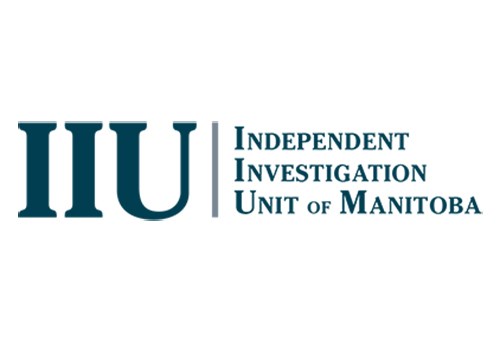An investigation into whether an RCMP officer committed perjury while testifying during a 2018 murder trial in Thompson has determined that no charges against the officer are warranted.
The inquiry was overseen by the Independent Investigation Unit of Manitoba (IIU), which investigates serious incidents involving on- and off-duty police in Manitoba. It was brought to the IIU’s attention by the Crown attorney prosecuting the case after the lawyer learned that the officer had not given the whole story about her status as a drug recognition expert (DRE) while being cross-examined by defence counsel.
During the officer’s testimony, which was delivered via video conferencing from Edmonton and related to an incident that had taken place in 2013, she testified that she was an RCMP DRE for impaired driving. However, at the time that she testified, her certification as a DRE had been expired for over a year. Also, there is nothing from the RCMP to indicate that she was certified as a DRE prior to Dec. 30, 2014. The Crown attorney had not discussed the officer’s DRE training with her before the trial or during direct examination and did not advance her as a DRE to the court. He later learned from another lawyer that her DRE certification was no longer valid, which is when he reported the incident to the IIU.
The officer waived her right to not speak to IIU investigators and told them that although her certification had expired, trained DREs do not lose their training and experience. She also stated that she did not claim to be DRE at the time of her dealings with the man she was testifying against and that she had no intent to mislead the court because she was not going to throw away her career with the RCMP by lying under oath.
In his report on the investigation, IIU civilian director Zane Tessler said that, to establish the offence of perjury having occurred, three elements need to be proven beyond a reasonable doubt: that the testimony was false, that the witness knew the testimony was false, and that the witness had intent to mislead.
“Carelessness or recklessness in giving testimony – without the intent to mislead and give false evidence – does not amount to the offence of perjury,” he wrote. “In other words, knowingly giving false evidence is not enough for a conviction. It would be wholly inappropriate to authorize the laying of criminal charges in absence of the required reasonable and probable grounds to support such authorization.”




